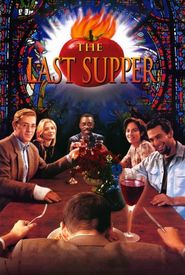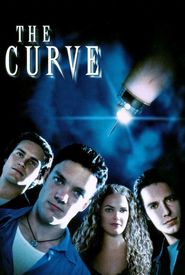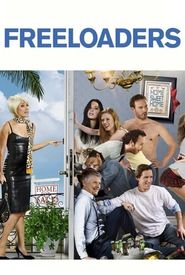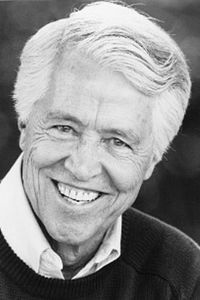Dan Rosen, a multi-talented individual, made his mark in the film industry by writing, co-producing, and even appearing on screen as Deputy Hartford in the 1996 black comedy, The Last Supper. This pointed critique of faux-liberalism, although well-intentioned, falls short of its full potential.
Rosen's directorial debut, The Curve, also known as Dead Man's Curve, was a much more effective and darker exploration of the human capacity for justifying outrageous and even murderous behavior. The film tells the story of two students who learn about their college's policy of awarding straight "A" grades to students whose roommates commit suicide. In a twisted attempt to get the grades they need to attend Harvard, they set out to murder a friend. However, as the story unfolds, things are not as they seem.
The Curve received praise for its superior storytelling, which distinguished it from the similarly themed Dead Man on Campus. The film's success led to a bidding war at the 1998 Sundance Film Festival, but unfortunately, this also resulted in distribution problems. Despite its low budget of $750,000 and tight shooting schedule of just 22 days, the film's contrast between stylishly shot sequences and more efficient camera work is occasionally noticeable.
The film's strengths lie in its sharp dialogue, witty inter-cutting, and associative editing, as well as some gleefully over-the-top performances. The story is full of mean laughs, spot-on pop references, and the trademark mugging of Matthew Lillard. The minor characters are also entertainingly fleshed out, particularly the college counselor struggling to quit smoking. The film takes gentle satirical swipes at immigration policies, victim culture, big business, and the nature of qualifications and employability.




























